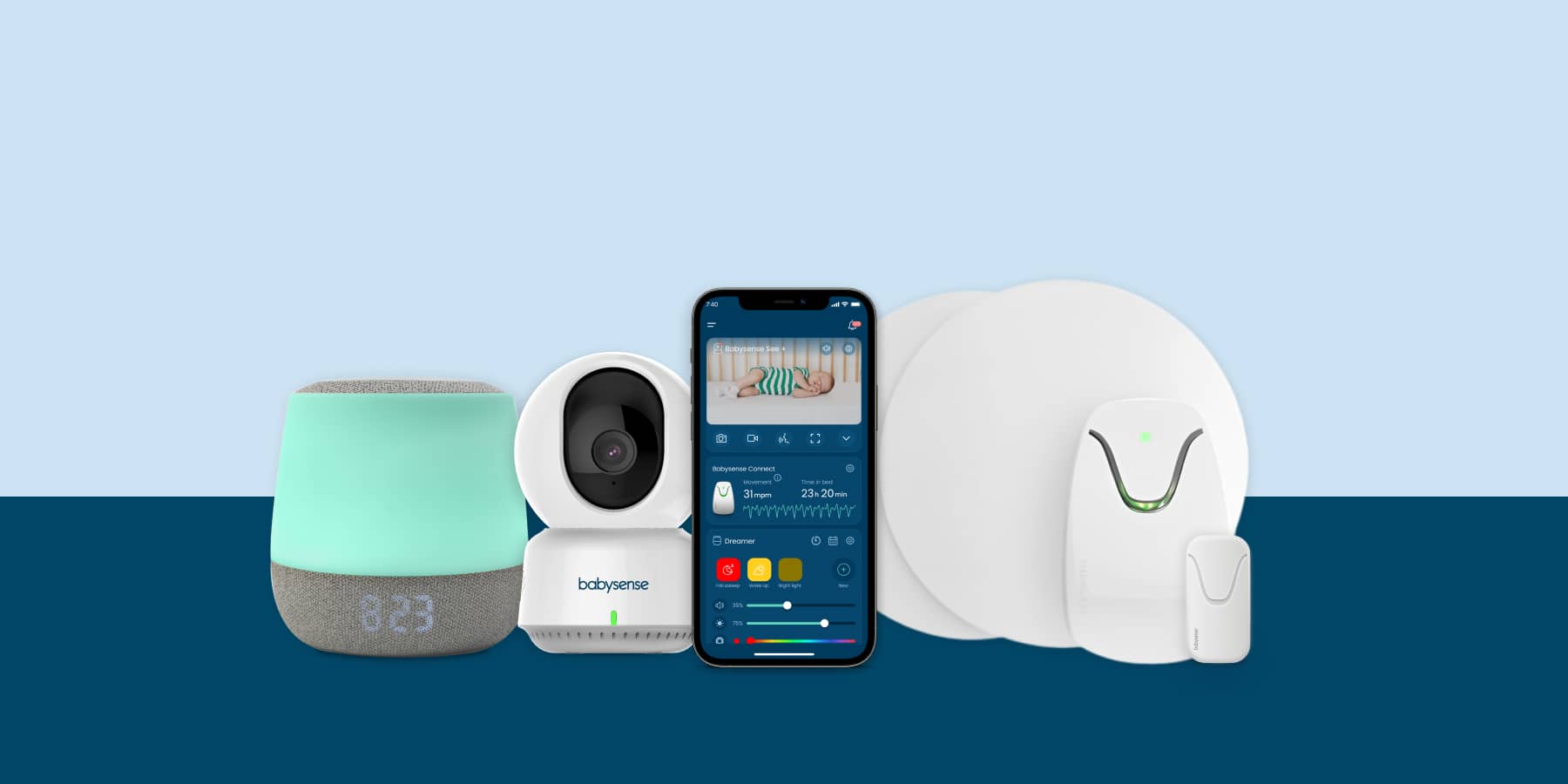If your family dinner table has become a battleground, take heart – Specialist Dietician, Katherine Megaw gives guidelines on how to take the stress out of mealtimes with your toddler and child, end the arguments over food, and feed your fussy eaters.
Solving a complex problem at work, finally achieving a personal goal is nothing compared to your child finishing a whole plate of food. Isn’t it amazing that no matter how big your accomplishments in your day, NOTHING, absolutely nothing compares to the satisfaction you get watching your toddler successfully finish a meal. You can sleep peacefully knowing your baby has eaten ‘well’!
Having a fussy eater is more common than you may think. While some babies eat almost anything they can get their little hands on, other babies are a lot pickier. Some fussy eaters are simply trying to express their independence with a say in what, when, where and how they eat. Others just need some coaxing, distraction and gentle encouragement. There is nothing like a food battle to cause stress and anxiety in parents – take heart and remember fussy eating isn’t just common, it’s normal!
Understanding your child
A classic time for problems to arise is when your baby is 12 months old. As a child is more aware of the world his natural instincts make him more suspicious of new foods. This is nature’s way of protecting us from eating food that is potentially harmful. If you’re one of the lucky parents that sailed through weaning, another common time for problems to arise is during the challenging 2’s. Having lulled you into a false sense of security, your toddler could wake one morning with dietary requirements that even a top chef would struggle to meet. Children’s appetites are affected by growth cycles and they have different taste preferences to adults. You will encourage her appetite to work properly if you give her more when she’s hungry and let her eat less when she’s not interested. Growth slows down and appetites fluctuate between one and five years of age. Studies have shown that most children get plenty to eat even if it seems like they are barely eating at all. Try looking at mealtimes from a child’s perspective. Toddlers have a different agenda: from their point of view, eating is a waste of their playing time, and if we make mealtimes boring by nagging, it’s even worse.Some practical tips
Here are some tips to help your little fussy eater learn to eat better, while giving you some peace of mind.- Put your mind at rest:
- If you are concerned about the health of your child, take her for a check up at the doctor to rule out any potential health problems.
- Keep a food diary for 2 weeks and record EVERYTHING that she eats and drinks (include quantities). You can then get this assessed by a health professional to assess adequate nutritional intake.
- Give an appropriate vitamin & mineral supplement during the fussy eating phase.
- Stay off the battle field:
- Wean at the appropriate age
- Fun food presentation
- Make mealtimes fun and relaxed
- Educate
- Involve your child in food preparation
- Empower your child in decision making
- Serve simple, easy to prepare meals.
- Milk intake
- Social eating
- Some final tips
- Serve small portions in a fresh and attractive way
- Limit drinking before and during meals
- Offer new foods when you know your child is hungry and more receptive to new tastes
- If your child is playing with his food, quietly remove his plate with no fuss.








